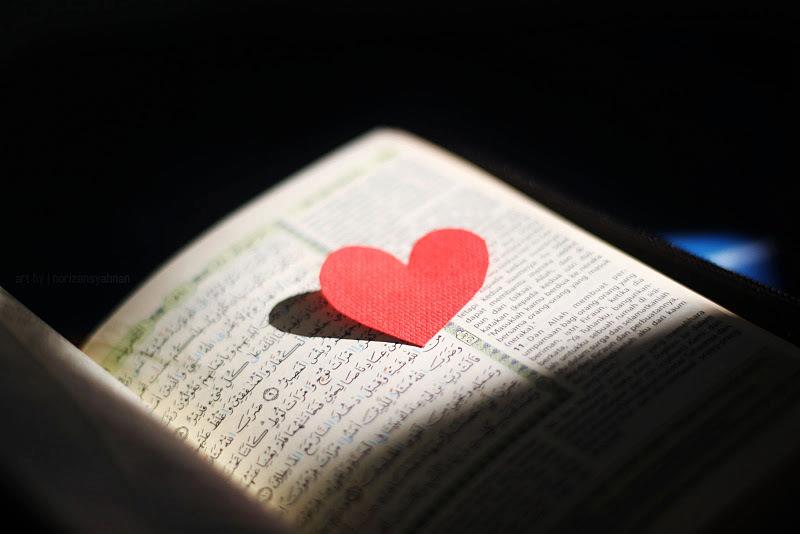With one-fifth of a nation under water and sluggish donations to fund relief efforts for flood victims, there is a fragile element within a drowning, disenfranchised population, a group that has historically and categorically been cast as a lower-grade victim in times of disasters – women. The Association for Women’s Rights in Development notes that “Gender-biased attitudes and stereotypes can complicate and extend women’s recovery, for example if women do not seek or do not receive timely care for physical and mental trauma experienced in disasters.”
For the struggling women of Pakistan’s flood, there has been no such thing as ”timely,” and for many, it is, in fact, already too late. An overwhelming 85 percent of displaced people of the floods are women and children. This staggering statistic is the result of multiple problems, all of which compound one another. First, Pakistan’s flood affected regions happen to function within a patriarchal framework whose traditions are rooted in illiteracy and poverty, and work to obstruct, rather than assist, efforts to protect women; second, there is a disproportionately small number of female aid workers who are shouldering the burden of tending to the destitute women and children who have survived the flood; and third, aid workers are having to work with sparse and inadequate bathing facilities for females coupled with a large populace of pregnant and lactating flood victims who require special attention. All of these bleak conditions amount to what UNICEF has declared the biggest emergency on the planet.
Sadly, this is not the first recorded instance of disaster-time negligence where women are concerned. Reports from the 2004 Tsunami in Southeast Asia detail cultural settings similar to those we see in Pakistan at the moment. For example, men, regarded as the head of the households, were the only ones who could obtain supplies or present their complaints and explain their needs in a public forum. Similarly, Haiti’s devastating earthquake produced equally devastating results for women survivors.
In a society where women are marginalized by virtue of their gender, we are now seeing the grossest of iniquities taking place: the sexual exploitation of vulnerable women. Does a fatal natural disaster mean the end of all morality? To be fair, the countries most recently hit by natural disasters have long been hotbeds of injustice against women, but in the aftermath of the floods, there appears to have been a wholesale abandonment of morals. Incidents of sexual harassment, assault, and rape have jumped in this time of chaos and lawlessness. Add human trafficking to the list, and there is your complete kit for post-disaster disaster. Natural calamities create upheaval, and the mass dispersal of people offers predators a perfect opportunity to stealthily move in and take advantage of the situation.
The most heartbreaking aspect of this entire tragedy is that women, despite their abject states, are the first ones after a disaster to begin the restoration of the community. Assuming their natural roles as first-responders in rescuing, feeding, and clothing other victims, they become the backbone of rebuilding what is broken, yet when they themselves lie broken, there is no one to pull them out of the water, only hands pushing them deeper below the surface.
Unfortunately for countries like Pakistan, natural disasters have become easy vehicles for the continuation of unjust power struggles—the chaos brings to mind an image of rampant, raging armies pillaging villages and women–sometimes through corrupt governance, and sometimes through corrupt individual morality, but always turning women into the victims. In order to save itself, Pakistan must award gender equality a place of priority on the agenda. At the very least, cultural barriers should not prevent women from receiving aid after such a large-scale disaster, and, if leaders begin to think in a truly pro-active manner, the government should include women in disaster-preparedness plans.
In the meantime, it is imperative that as a global society of conscience, we augment our aid to a drowning nation, finding channels to which we can donate that are cognizant of the most vulnerable, yet valuable, segments of the population and the best means to assist them.
(Photo: UK Department for International Development)
Shazia Kamal is a writer and activist interested in social justice issues. She lives in Los Angeles, CA. To learn how you can immediately join relief efforts in Pakistan, visit Islamic Relief.




